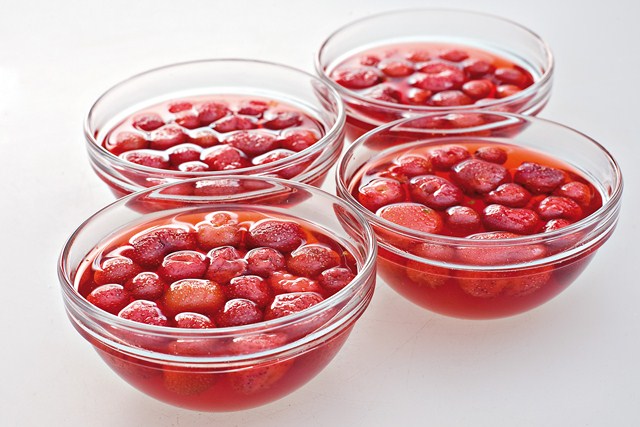One of the individuals hospitalized following an E. coli outbreak at Folklorama two years ago is suing the organization and the Russian Pavilion.
Trudy Andrew, 52, of Oakbank, is seeking damages for lost wages and pain and suffering she endured after eating contaminated food at the Russian Pavilion.
"If I hadn’t gone to the hospital when I did, I wouldn’t have made it," Andrew told the Winnipeg Free Press. "I ended up seriously ill and in hospital."
Winnipeg Free Press. "I ended up seriously ill and in hospital."
Andrew is suing Folklorama Inc., the Folk Arts Council of Winnipeg Inc., the umbrella organization that oversees the popular two-week Folklorama festival and the Russian Pavilion, which health authorities identified as the source of the outbreak.
There were 40 reported cases of E. coli between Aug. 9 and Aug. 30, 2010; 34 of those cases were individuals who ate at the pavilion, and three others were children at a daycare who were infected by a person who visited the pavilion and spread the germ.
Seventeen people went to emergency and five individuals were hospitalized, including a two-year-old boy who suffered acute renal failure and was put on dialysis in pediatric intensive care.
The Winnipeg Regional Health Authority concluded a locally made juice, known as kompot, was the source of the outbreak, speculating the juice had somehow come into contact with contaminated ground beef.
Health inspectors had found deficiencies in the pavilion’s kitchen on Aug. 1, the first day the venue opened, including improperly stored raw hamburger meat and a fridge with an operating temperature that was deemed too high.
Sofia Barklon, co-ordinator of the Russian Pavilion, maintains the pavilion was not the source of the outbreak — the position it took two years ago, despite the findings of the WRHA.
Debra Zoerb, executive director of Folklorama, said she would not comment on the legal action but said it was the only one stemming from the E. Coli outbreak two years ago.
